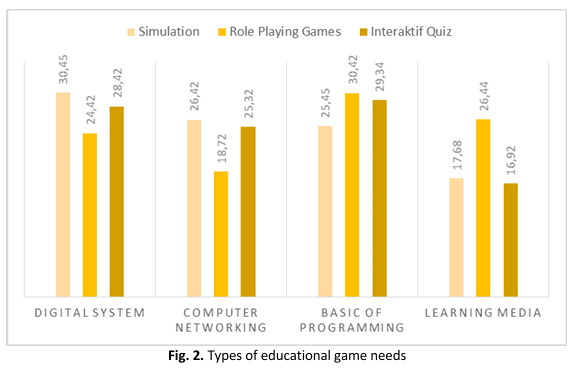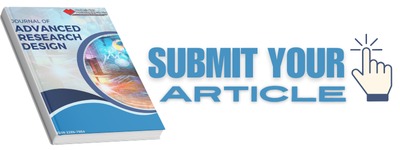Development of Digital Games as Problem Solving-based Learning Media using Game Development Life Cycle
DOI:
https://doi.org/10.37934/ard.137.1.151166Keywords:
Game education, learning media, problem-based learning, game development life cycle, UEQ, higher educationAbstract
The development of digital games as learning tools holds significant potential for enhancing student motivation and engagement in the teaching and learning process. As problem-solving-based learning media, digital educational games offer benefits such as fostering critical thinking, creativity, and problem-solving skills. Despite these advantages, higher education at Muhammadiyah University of Riau remains predominantly conventional, with game-based learning methods yet to be implemented. This study aimed to develop a digital educational game that supports constructive student learning. The research utilized a development research approach, employing the Game Development Life Cycle (GDLC) method. The findings demonstrated the GDLC method's effectiveness in creating educational games for students. Alpha testing revealed that all game features functioned properly, and usability testing, conducted with 50 students using the User Experience Questionnaire (UEQ), yielded positive results. The average scores were as follows: Attraction (5.94), Clarity (6.02), Efficiency (6.38), Accuracy (6.12), Stimulation (5.66), and Novelty (5.80). Implementation trials employed a quasi-experimental design with control and experimental classes to assess the impact of the developed educational game on students’ problem-solving abilities. The results showed statistically significant differences between the experimental class, which used the game, and the control class, which did not. The t-count value for the experimental class was 55.934, compared to 43.987 for the control class, indicating a stronger improvement in problem-solving skills among students who engaged with the educational game. This study highlights the potential of digital educational games as effective tools for modernizing higher education and improving student outcomes.
Downloads























